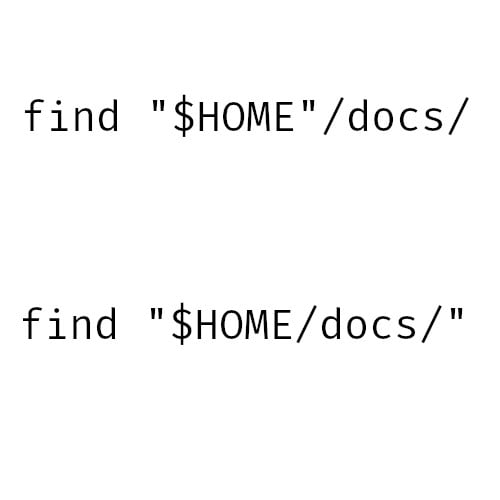The "$@" doesn't do that you think it does in an alias. It gets expanded on alias creation.
I've got optimizer tendencies, but we've also got another member who is 100% "What would my character do in this high stress situation with the knowledge they have" and I've found myself leaning that way during combat more and more.
I will still scrutinize everything outside of combat though, and I'm thankful for the IRL time pressure to get me out of that.
Love the Towerfall OST myself, it was such a shock to hear about him.
Rivals of Aether 2, its so good to have an indie platfighter that has Smas'hs level of polish.
The first one is still a better casual experience because of workshop and single player modes, but I'm here to shmoove in ranked.
Basically the Matrix Spec Change Proposal system, I like it. Opens the floor to more players, gives tool authors a list of protocols they could choose to build on, and hopefully compositors will choose to adopt or adapt one of these protocols before writing their own.
I know that "Vanity Addresses" are a common thing for onion sites, and there are tools which generate tons of keys looking for prefixes. I haven't seen such a tool for ssh host keys though.
I put newlines in my filenames to break both CLI tools and Windows filesystems
Taking courses which involve subjects that you will likely never encounter in the workforce is a thing in every discipline. Most engineers don't need to manually solve differential equations in their day jobs, they just need to know that they exist and will often require numerical solutions.
Getting your hands dirty with the content provides a better understanding when dealing with higher level concepts.
zsh-syntax-highlighting
There's also a fork called fast-syntax-highlighting, I use it.
manually call the others
Yeah, most distros will set up source chains to make things nicer for users.
Yeah, I'd write this as a single update script with options to update vimplugins or update pkg or update all.
I see that you want it to be a function so you can get the chdir as a side effect, but mixing that with updating doesn't make sense to me.


Forcing stalemate if you're super down in material